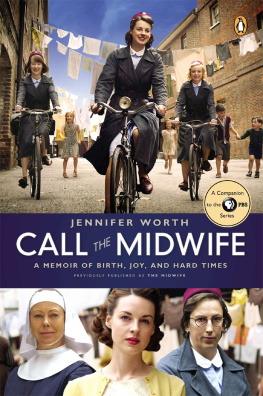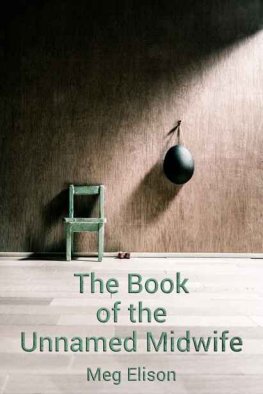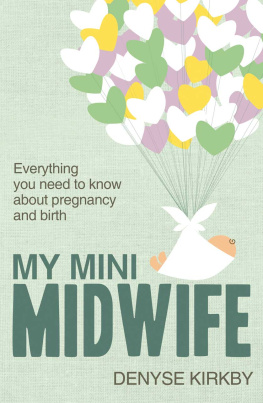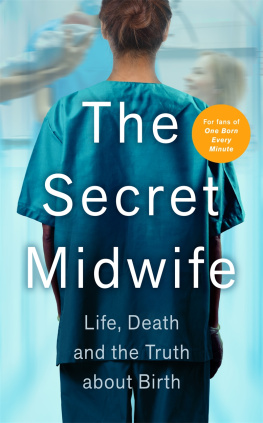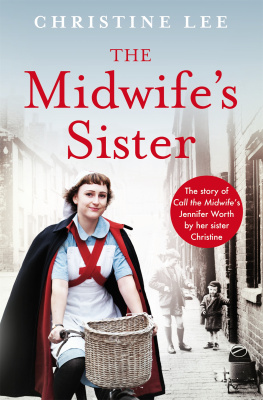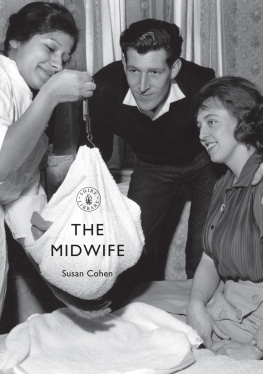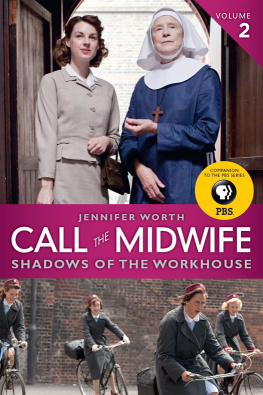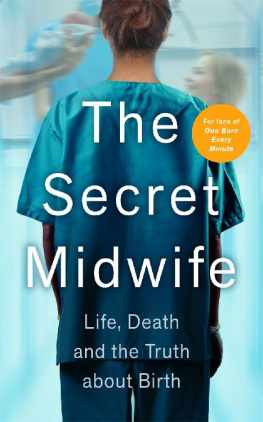Jennifer Worth - The Midwife: A memoir of birth, joy, and hard times
Here you can read online Jennifer Worth - The Midwife: A memoir of birth, joy, and hard times full text of the book (entire story) in english for free. Download pdf and epub, get meaning, cover and reviews about this ebook. year: 2009, publisher: Penguin, genre: Non-fiction. Description of the work, (preface) as well as reviews are available. Best literature library LitArk.com created for fans of good reading and offers a wide selection of genres:
Romance novel
Science fiction
Adventure
Detective
Science
History
Home and family
Prose
Art
Politics
Computer
Non-fiction
Religion
Business
Children
Humor
Choose a favorite category and find really read worthwhile books. Enjoy immersion in the world of imagination, feel the emotions of the characters or learn something new for yourself, make an fascinating discovery.

- Book:The Midwife: A memoir of birth, joy, and hard times
- Author:
- Publisher:Penguin
- Genre:
- Year:2009
- Rating:3 / 5
- Favourites:Add to favourites
- Your mark:
- 60
- 1
- 2
- 3
- 4
- 5
The Midwife: A memoir of birth, joy, and hard times: summary, description and annotation
We offer to read an annotation, description, summary or preface (depends on what the author of the book "The Midwife: A memoir of birth, joy, and hard times" wrote himself). If you haven't found the necessary information about the book — write in the comments, we will try to find it.
The Midwife: A memoir of birth, joy, and hard times — read online for free the complete book (whole text) full work
Below is the text of the book, divided by pages. System saving the place of the last page read, allows you to conveniently read the book "The Midwife: A memoir of birth, joy, and hard times" online for free, without having to search again every time where you left off. Put a bookmark, and you can go to the page where you finished reading at any time.
Font size:
Interval:
Bookmark:
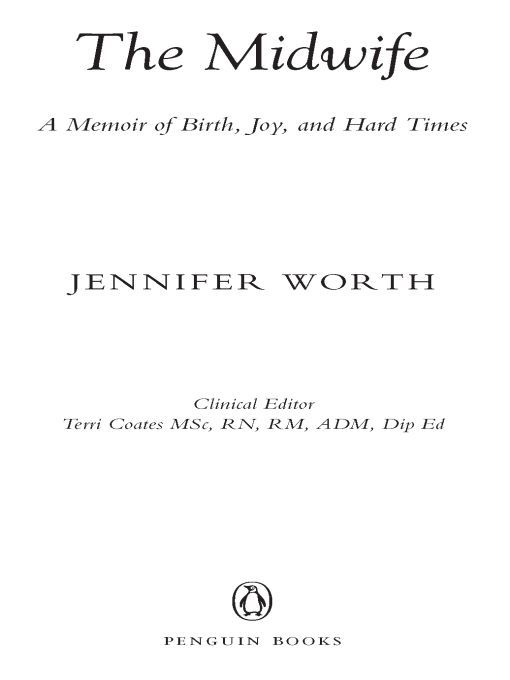
A chilling insight into life for the average mother [in the 1950s].
Worth is a stylish and dramatic writer.
This delightful memoir brings to vivid life Londons East End... full of humor... Worths talent shines from every page.
In her marvelous new book... there are desperately sad stories here, but tales of great hope too. Of ordinary people living, giving birth and building their families despite enormous hardship and poor sanitation. And of midwives delivering superb care in the toughest conditions.
Nobody who reads [The Midwife] will ever forget it.
The Docklands in Londons East End in the 1950s seems more like the nineteenth century than fifty years ago.
Sheer magic.
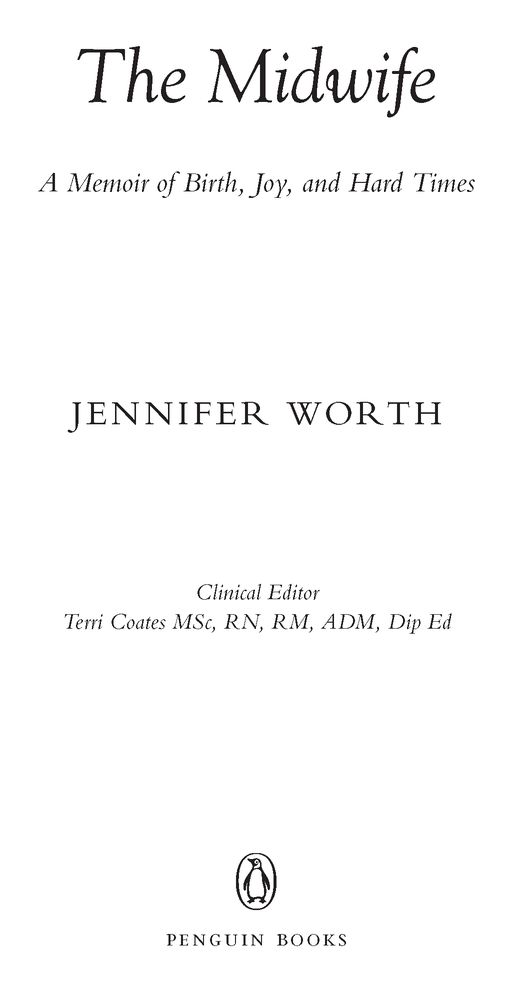
Canon Tony Williamson, President of The Wellclose Trust
Elizabeth Fairbairn for her encouragement
Pat Schooling, who had courage to go for original publication
Naomi Stevens, for all her help with the Cockney dialect
Suzannah Hart, Jenny Whitefield, Dolores Cook, Peggy Sayer,
Betty Howney, Rita Perry
All who typed, read and advised
Tower Hamlets Local History Library and Archives
The Curator, Island History Trust, E14
The Archivist, The Museum in Dockland, E14
The Librarian, Simmons Aerofilms
Font size:
Interval:
Bookmark:
Similar books «The Midwife: A memoir of birth, joy, and hard times»
Look at similar books to The Midwife: A memoir of birth, joy, and hard times. We have selected literature similar in name and meaning in the hope of providing readers with more options to find new, interesting, not yet read works.
Discussion, reviews of the book The Midwife: A memoir of birth, joy, and hard times and just readers' own opinions. Leave your comments, write what you think about the work, its meaning or the main characters. Specify what exactly you liked and what you didn't like, and why you think so.

